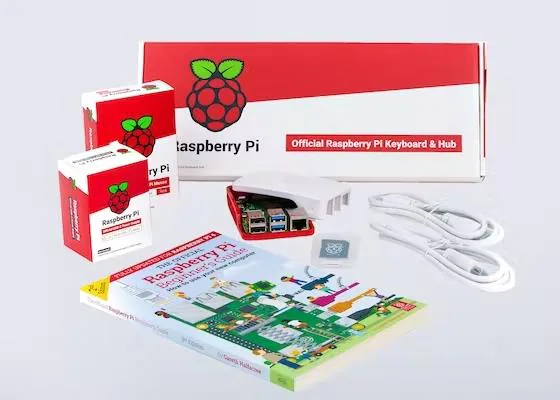I'll tell ya what I did. I made a list of concepts I didn't know and needed to learn. Every time I came across something new, I'd add it to the list. That's about the most "structure" I had. Honestly, that's about all you really need. Allow yourself to be flexible. Follow your interests as you go along. That'll keep you motivated, and learning more efficiently. So long as you're learning every day, you'll get where you want to be eventually. Don't worry too much about HOW you're learning, and focus on WHAT you're learning.
I didn't use a single source. I learned from all over the internet (and very few books). Youtube is great if you're a visual/audio learner and need a bit of a human element. That's my preferred learning method personally. Don't be afraid to open a dozen or more tabs on a single subject, and just tear through it. Don't sit on a source that isn't getting through to you, just move on. There's always another place with the information you're looking for. The whole process is a lot like flying a glider, looking for thermals to carry you higher.
Python is an excellent first language to learn btw. Keep at that for sure.
You might also be interested in digital logic, and processor architecture/design. A popular project that you'll learn tremendously from is to build your own processor from scratch. I've got a few recommendations there if you're interested.
I have very similar interests to yours. If you have any more specific questions, let me know.

